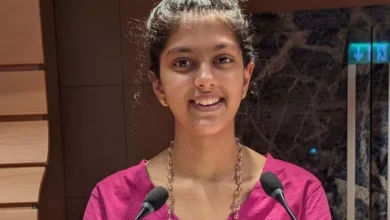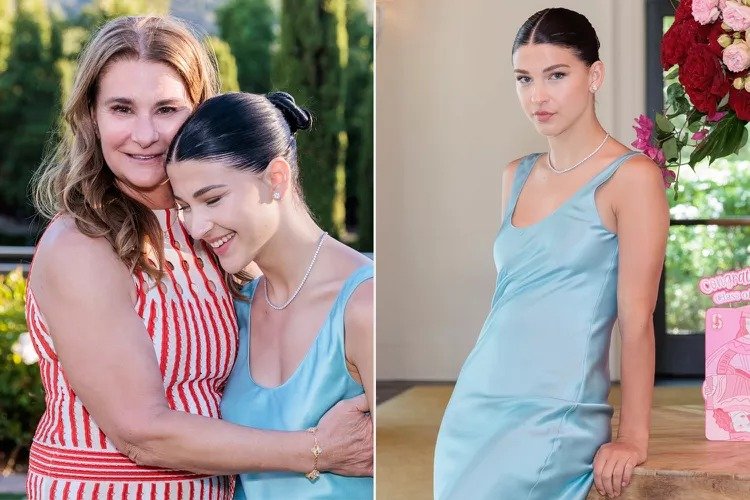Spotlight of the Month: Mercedes Mayol Lassalle — Championing Early Childhood Education and Rights Worldwide

Mercedes Mayol Lassalle has devoted her life to advancing the rights, care, and education of the world’s youngest citizens. Since 2020, she has served as the World President of the World Organization for Early Childhood Education (OMEP), and she currently sits on the Coordination Group of the Collective Consultation of NGOs on Education 2030 (CCNGO/ED 2030) until December 2024. A prominent voice in global advocacy, she is also a Board Member of the Global Campaign for Education (GCE) and a respected academic who teaches Public Policies for Early Childhood at the University of Buenos Aires.
A Lifelong Advocate for Young Children
Lassalle’s career spans decades of leadership in early childhood policy, teacher training, curriculum development, and advisory roles for ministries of education. She has served as the Head of the Direction for Early Childhood and Chief of the Cabinet of Advisors to the Minister of Education in the City of Buenos Aires, as well as a consultant to governments, legislators, and international agencies. She has helped establish and organize nursery schools and kindergartens, led assessments of early childhood care and education (ECCE) policies, and trained teachers across Latin America through institutions like IIEP-UNESCO.
Her work is grounded in the conviction that early childhood is the most critical stage in human development, a period where the foundations of health, learning, and wellbeing are built, and where both the greatest opportunities and greatest risks lie.
Education and Care as Human Rights
Lassalle argues that early childhood must be recognised as a public responsibility, not a private family matter. She highlights that education is inseparable from care, and that children’s cultural rights are as vital as their right to survive and be safe. For her, protecting children’s rights means adopting a comprehensive and holistic approach, ensuring that children have access to nurturing adults, opportunities to explore, move, and engage with culture.
She also underscores the interdependent nature of rights, noting that when one right is violated, all are threatened. Among the poor, she observes, young children are often “the poorest of the poor,” and their mothers the most impoverished, realities worsened by crises such as the COVID-19 pandemic. Lassalle therefore calls for stronger rights-protection policies, stressing that education, combined with care, is one of the most powerful strategies for ensuring children’s dignity, development, and wellbeing.
Leading OMEP and a Global Movement
Founded in 1948 under UNESCO’s umbrella, OMEP is the oldest international organisation focused on early childhood education and care. Under Lassalle’s leadership, OMEP has intensified its global advocacy, currently championing the creation of a United Nations “Decade for Early Childhood Development and Education.” This proposed Decade aims to mobilise governments to:
- Develop new public policies centred on the perspectives of children, families, and caregivers
- Re-conceptualise early childhood development and education
- Allocate resources more rationally and sustainably
- Guarantee inclusive, equitable, and high-quality early childhood education
Lassalle believes this would help countries align their efforts, invest more effectively, and accelerate progress towards the Sustainable Development Goals (SDGs) before 2030, goals she warns are at risk of not being met, to the great detriment of the world’s youngest children.
Financing and Solidarity: Key to Realising Rights
A central theme of Lassalle’s advocacy is financing. She states unequivocally that “no human right can be guaranteed without money.” She argues that governments must honour the principle of the best interests of the child, even in times of austerity and prioritise investment in children above all else.
To secure this commitment, she urges collaboration between governments, NGOs, UN agencies like UNESCO and UNICEF, and civil society. She also emphasises the power of public opinion campaigns, media visibility, and solidarity between sectors to build political will.
Looking to the Future
Lassalle envisions a future where governance of early childhood policies is less fragmented, more integrated, and deeply collaborative. She calls for public policy that recognises the inseparable nature of educating, caring for, and raising children, a task that must be shared across families, communities, and the state.
Quoting the African proverb, she reminds the world that “to raise a child, you need a tribe” and insists that we must act now to protect children’s rights, strengthen public systems, and build a more just and nurturing world for every child.





